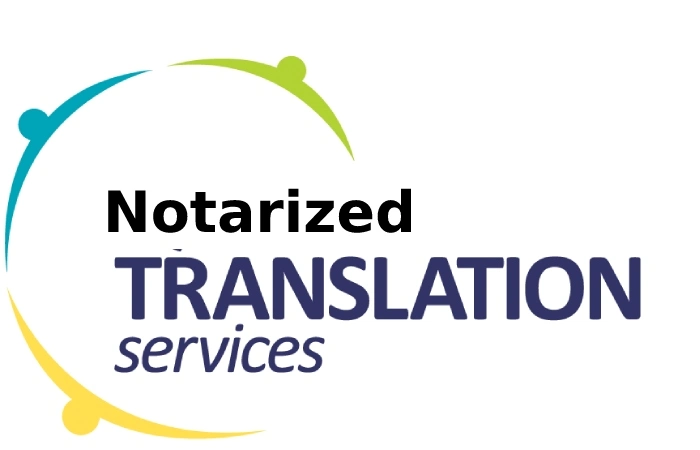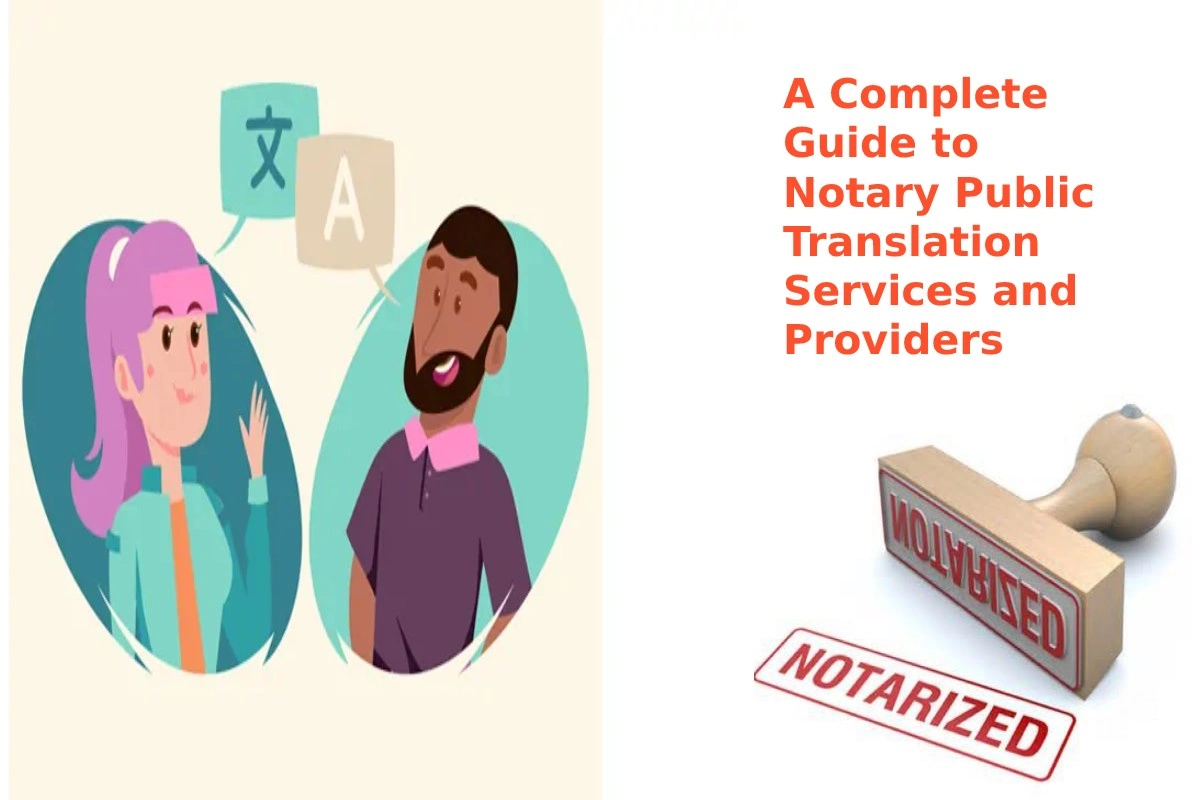Do you know what actually notarized translation stands for? The notarized translation, in some specific documentation forms, is important for your paperwork and documents. It has been seen that most of the time, notary public translation is muddled with services like certified translation. However, the reality is different! So, if you want to know the uniqueness of notarized translation, then read the full article and clear all your doubts. This article will help you in choosing the most appropriate translation service for your documents.
Importance of Notarized Translation Services
This translation service makes sure that proper official procedures are being followed. There are various ways in which the notarized translation is accessible. However, mostly it is utilized for official documentation as well as translating those documents to a completely different language i.e. not the original language. So, many times, these services come into action for educational settings. Their usage includes translating high school and high school transcripts. The notary public translation is highly used for professional qualification documentation along with other documents having administrative determinations.
Who Can be The Notary Public Translation?
- Unlike certified translation services, notarized translation services can be given by a person who has government authorization for this.
- Also, there is no need for that person to be an expert as any translator can approach a notary public member.
- Therefore, by swearing, an oath, one can become the individual who would provide notarized translation services.
- After the oath has been taken for translation services accuracy, the person then needs to sign an affidavit. This affidavit is approved and validated only by the notary’s authorization.
- The notary public member is required to provide his signature and after that with the official seal, all the documents would be sealed.
- So, you must have got an idea about how this whole process of becoming a notary public translation provider works. And not to forget, the vital role of the translator as well the notary public member in the entire process.
- The translator who is signing for the services of a notarized translation is not required to be a certified translator.
- In addition to this, the notary public member is also not required to personally assess the accuracy as well as the quality of those translation services which have been provided. He would simply check and do all the procedures for verification of the identity of the translator.

How Notarized Translation is Different?
Many people think that these two translation services are the same because of the fact that they both serve for providing proof of the quality and verification of the translation service provided. Moreover, if the translation is done for business purposes, then it is imperative to verify that the translation must be accurate.
Certified Translation
The certified translation is used to ensure the quality of the document being translated. It should be provided only by the official translators who are certified. Then such certified translators are required to give any personal details in order to make a document certified. Such information includes their name, contact information, signature, and date for which a particular translation service has been provided.
Now comes the certified translation services provides. Well, there are many professional institutions that provide this service to clients looking for document translation. Certified translation services are commonly used for an individual’s personal documents. These include birth and death certificates, immigration papers, marriage certificates, and some other documentation.
Notarized Translation
In comparison to certified translation, the notary public translation services are not required to be provided by an individual who is officially certified. Moreover, the signature of an official notary public member is also not needed for notarized translation.
The whole process of notarized translation will be witnessed by a notary public officer. The officer will certify all the translated documents. The notarial certificate will contain the name, signature, and seal of the notary public. Some of the scenarios where you would require notarised translation include citizenship application, visa application, PR application, overseas submissions, and declarations.
Hence, you need to understand well the difference between the two translation services especially if you are doing it for your business purpose. The most significant factor in both services is your document that is needed to be translated. So, your document translation requirement will help you in choosing between the two services. To ensure your formal translation of documents, one must go for a notary public translation service.


